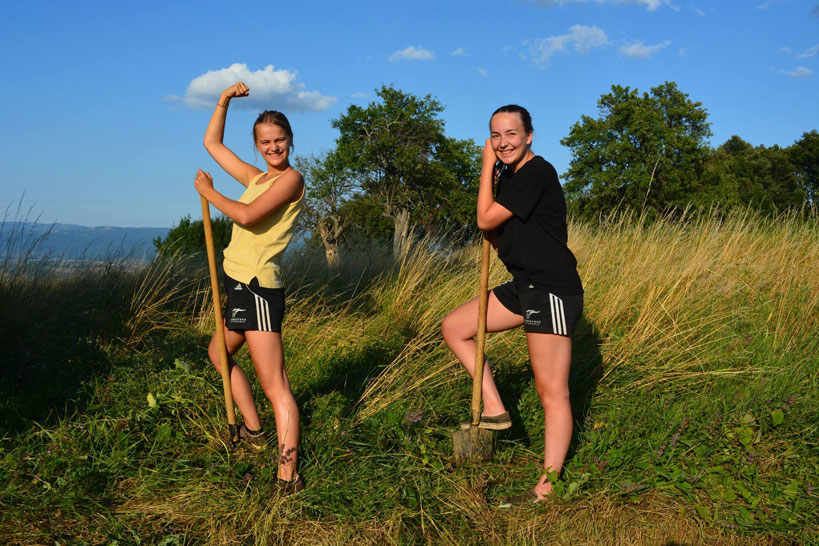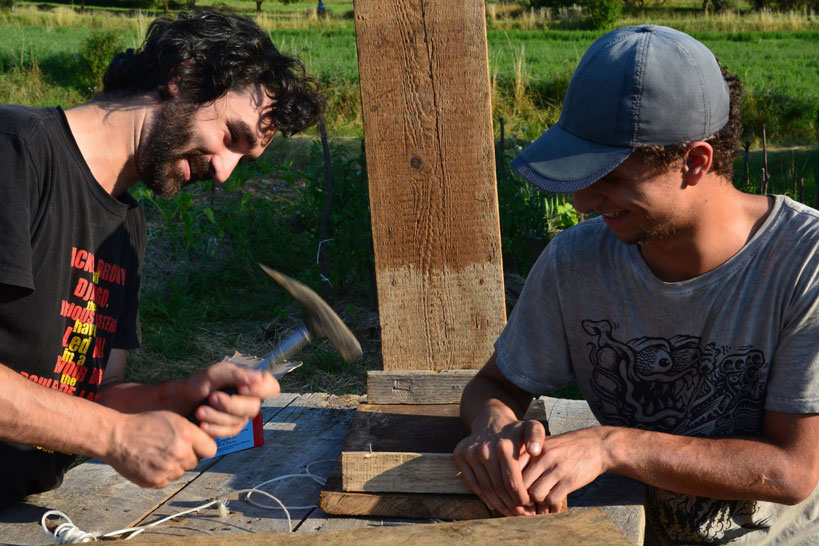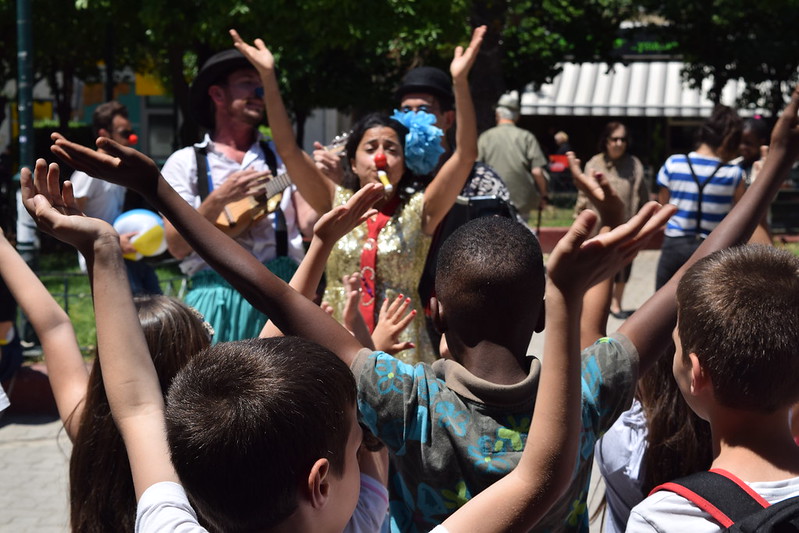International Voluntary Service
What is IVS?
(International Voluntary Service)
Toward Peace, Justice and Sustainability
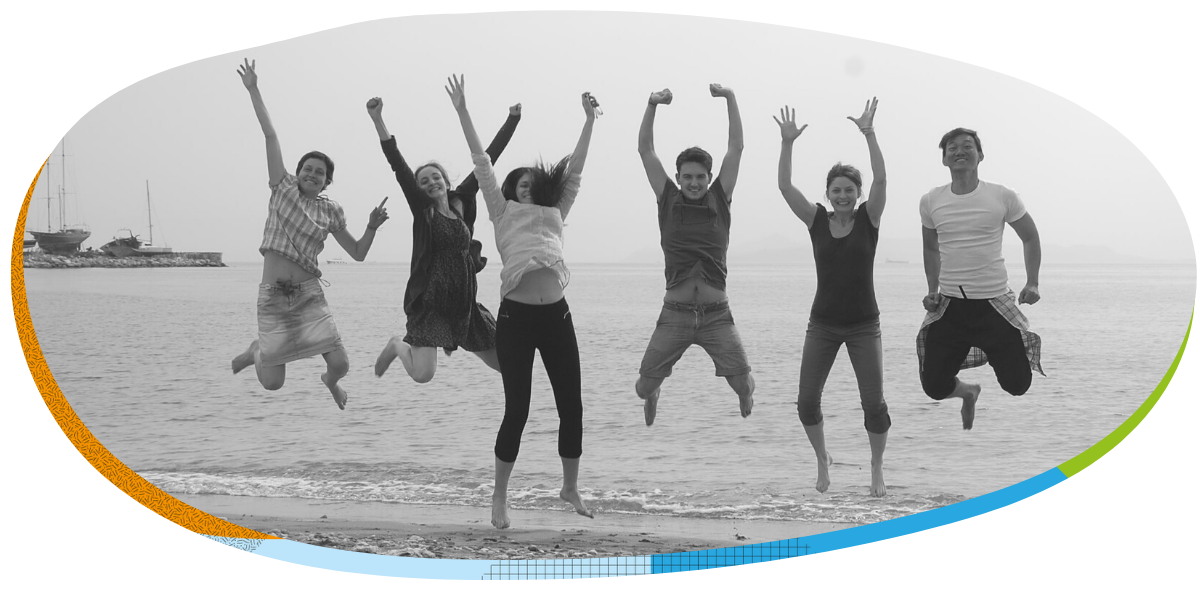
In 2016:
Volunteers
Projects
Organisations
countries
Definition of IVS
International Voluntary Service (IVS) has since 1920 sought to respond to the prevalent issues of society on a local and global level, it aims to pursue peace and promotes nonviolence through international understanding, mutual respect, friendship, exchange, and cooperation among the people of the world. IVS is a vehicle for non-formal and informal education and acts as a catalyst for change within individuals and in communities giving people the chance to participate in meaningful, productive, and socially useful work as active members of society. It promotes the participation of all regardless of gender, skin colour, religion, nationality, age, ability, sexual orientation, social status or political views and any other possible grounds for discrimination, in a spirit of true equality and the recognition of the right of others to dignity and respect. IVS promotes social and climate justice, human rights, sustainability, critical thinking, active participation, global citizenship, democracy, shared and intercultural learning and helps to break down prejudice and stereotypes. It contributes to the implementation of the United Nations Sustainable Development Goals.

How does the IVS movement work?
International Cooperation
The IVS movement works based on a spirit of reciprocal international cooperation between non-governmental, not for profit, grassroots organisations sharing a common vision and working in local host communities in over 90 countries.
IVS organisations in networks
IVS organisations are gathered in networks, where decisions and ethical working standards are built democratically and decided in assemblies with respect to cultural and organisational diversity. It is an exchange organised locally, coordinated nationally and realised globally. Volunteers apply through a sending organisation and are received by a host organisation.
Goal of IVS
The IVS movement strives for a world where relations are characterised by equity, social justice, active involvement and a sense of community empowerment. It provides people with the means to understand and act in order to positively transform the social, cultural, political and economic structures that affect their lives at all levels. IVS supports resilience, acts for solidarity not charity and seeks to create a world of mutual respect and understanding.
Volunteers
If you have come here to help me, you are wasting your time. But if you have come because your liberation is bound up with mine, then let us work together.
Volunteers are people acting on self-initiative for the benefit of civil society, who offer their knowledge, time and energy, within the framework of a cooperative social effort, without seeking material reward or replacing paid labour. Voluntary service is based on the idea, that working together on a concrete task is one of the most effective ways to create friendship and understanding. The projects serve as a basis for dialogue, an opportunity to work according to each person’s ability and to practice learning by doing and living together for periods of 2 days up to 1 year. In such situations, national and international volunteers experience a new reality that can challenge their habits and convictions. Our impact research proves that IVS provides enhanced self-confidence and strengthened personal, interpersonal, and social competences, volunteers learn that through active participation in IVS projects they are able to create change.
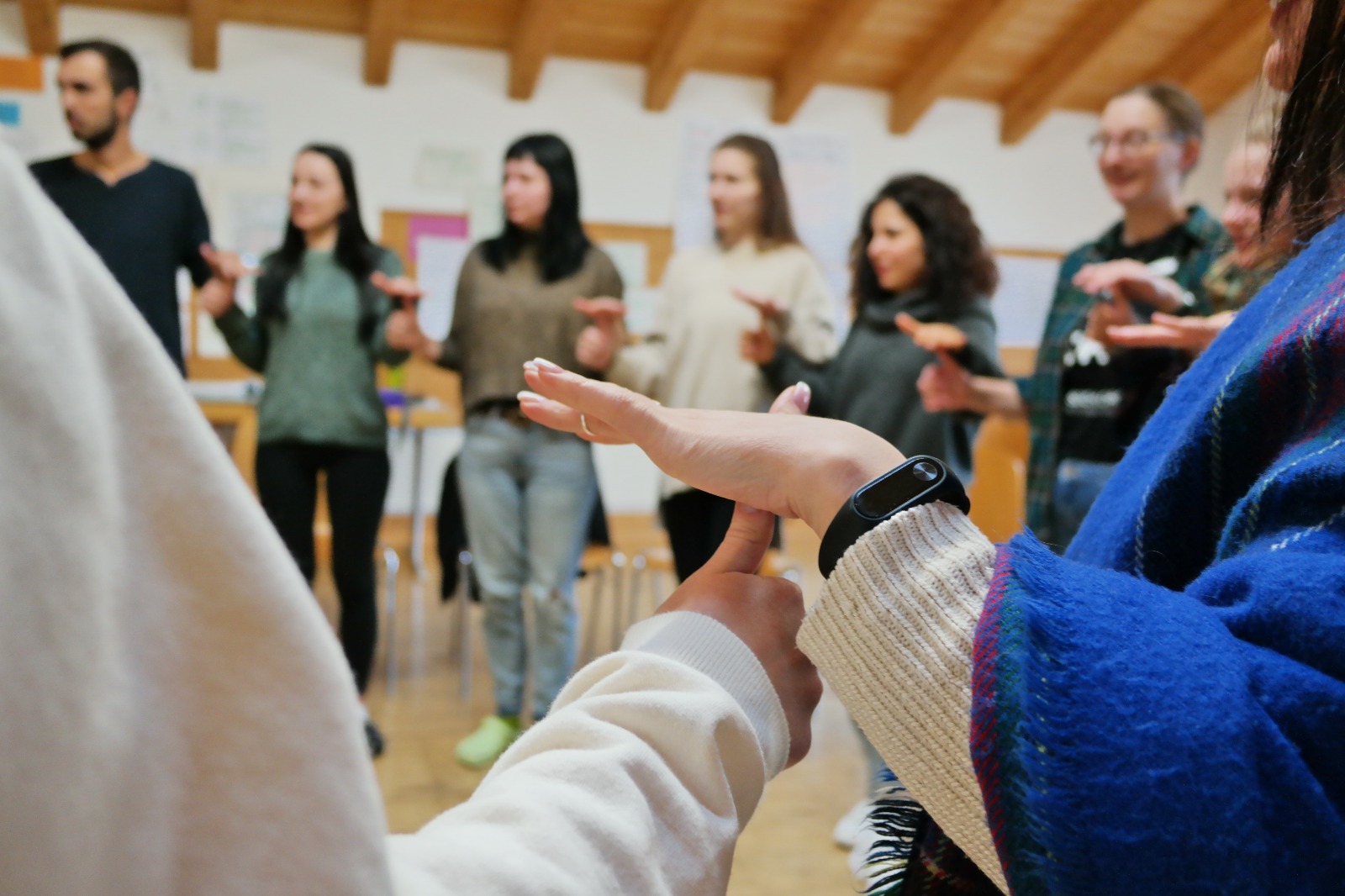
Principles of IVS

Collective Social Effort
Volunteers are people who offer to devote their knowledge, time and energy, within the framework of a collective social effort, to work actively for the general interest of the community, as an activist and without replacing paid labour.

Non-formal Education
IVS is a vehicle for non-formal and informal education and seeks to encourage the belief of the volunteers and their hosts in their personal potential as tools of positive change.

Mutual Benefit
IVS brings mutual benefit to volunteers and to the wider community. Volunteers have the opportunity to learn from experiences and to develop through new friendships and intercultural learning. Volunteers must not be exploited for private interests. Volunteers cannot expect any compensation other than the personal growth in knowledge, skills, and sense of value for both themselves and the local community.

Raising awareness

Sustainable socio-economic progress

Global citizenship
Workcamps
